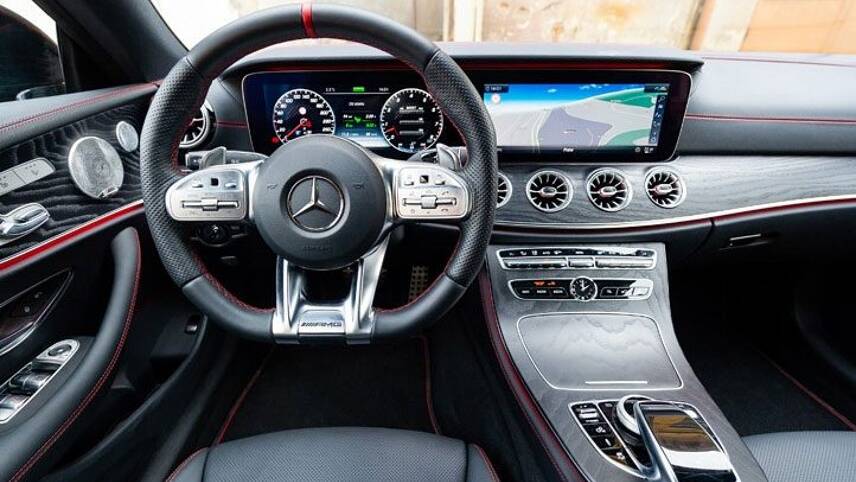Register for free and continue reading
Join our growing army of changemakers and get unlimited access to our premium content

Bond proceeds will be spent on projects relating to clean transportation
The firm issued its first green bond in September 2020, launching a €1bn offering with a ten-year term.
The new bond was confirmed by BNP Paribas late last week and has a 12-year term, which Daimler said “reflects the longer-term nature” of the projects it will be helping to finance. Daimler’s Green Finance Framework, which it will use to determine where to allocate funds, covers clean transportation, energy efficiency, pollution prevention and control and renewable energy.
On clean transportation, Daimler is aiming to ensure that hybrids and pure EVs account for at least half of its global annual sales by 2030. It is aiming to have 130 EVs on offer by the end of 2022 across its portfolio of brands.
On energy efficiency and renewable energy, Daimler’s overarching commitment is to carbon-neutrality across certain business areas by 2039, to be delivered by prioritising emissions reductions over offsetting. It is on track to power all European car and battery manufacturing plants with 100% renewable electricity by the end of 2022 and, more broadly, has set science-based targets in line with 2C for manufacturing, vehicle use and the end-of-life stage. The firm has faced pressure to extend accounting to the supply chain to ensure alignment with the Paris Agreement’s 1.5C trajectory.
Daimler has sought third-party assessment on its Green Finance Framework from CICERO, which awarded it the highest ranking of ‘Dark Green’. The business claims that its framework is aligned with the International Capital Market Association’s (ICMA) Green Bond Principles, which will enable it to “follow best practises as market standards develop and as the EU Taxonomy and the EU Green Bond Standard enter into force”.
Other corporates to have issued major green bonds in recent weeks include Mastercard, H&M Group, Whitbread and Goldman Sachs.
An EV update from Aston Martin
In related news, Aston Martin has confirmed its intention to manufacture all of its electric models in the UK from 2025.
There had been concerns that the brand would move production overseas in light of Brexit as it electrifies its portfolio; it is planning to start making hybrid versions of all models by 2025 before launching pure electric versions, which will require updates to manufacturing lines.
But the brand’s owner Lawrence Stroll has confirmed that electric sports cars will be made in Gaydon, Warwickshire, while electric SUVs will be made at St Athan, Glamorgan.
Aston Martin is aiming to have 90% of its range of models fully electrified by 2030, in line with the UK Government’s ban on new petrol and diesel car sales. After 2030, it intends to continue selling ICE models in other national markets.
The news from the brand follows Jaguar Land Rover’s commitment to only produce pure EVs under its Jaguar brand for the UK market by 2025.
Sarah George


Please login or Register to leave a comment.